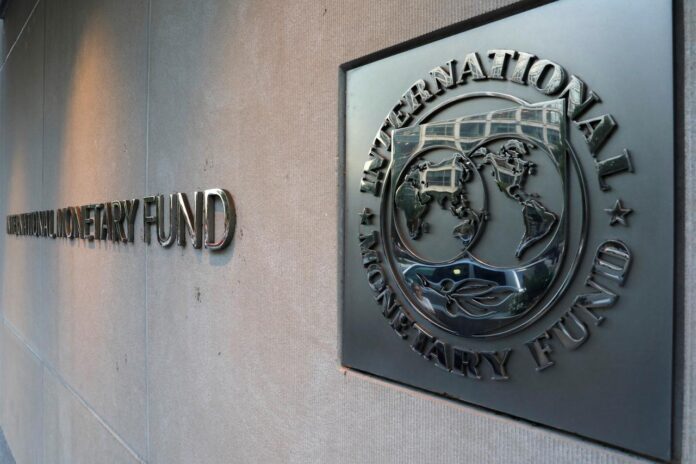The International Monetary Fund (IMF) has introduced eleven new structural benchmarks (SBs) for Pakistan’s ongoing $7 billion Extended Fund Facility (EFF) program. The benchmarks focus on various sectors including fiscal policies, governance, social spending, energy, and trade to help Pakistan meet the program’s targets and ensure long-term economic stability.
According to reports, among the key benchmarks, the IMF requires the Pakistani government to secure parliamentary approval for the fiscal year 2026 budget, aligning it with the IMF staff agreement. The approval must ensure the achievement of fiscal objectives by June 2025. The Fund also expects the implementation of new Agriculture Income Tax laws, with comprehensive plans for taxpayer identification, registration, and compliance improvements by mid-2025.
On governance, the IMF has called for the publication of a governance action plan based on the findings of a Governance Diagnostic Assessment, due by October 2025. In the social sector, an annual inflation adjustment for the unconditional cash transfer (UCT) program, aimed at maintaining its real purchasing power, is expected by January 2026.
Regarding monetary and financial policies, the IMF has set a target for the preparation and publication of a financial sector strategy post-2027, due by June 2026. This strategy is designed to safeguard financial stability.
In the energy sector, the IMF outlined measures including tariff adjustments for electricity and gas, along with the adoption of legislation to promote efficient energy use and remove caps on debt service surcharges.
Additionally, the IMF set benchmarks related to trade and investment policies, including plans to phase out incentives for Special Technology Zones by 2035 and to lift restrictions on the import of used motor vehicles by July 2025.
While Pakistan has met several of the IMF’s quantitative performance criteria (QPCs) and indicative targets (ITs) for the fiscal year 2024-25, some targets were missed, including those related to health and education spending, tax revenues, and the Tajir Dost scheme. Despite these setbacks, the IMF’s report acknowledges progress in key areas and stresses the importance of continued reforms.
The Fund also highlighted that the successful resolution of pending litigation cases, including those related to undercapitalized banks and captive power producers, remains a critical aspect of Pakistan’s economic recovery strategy.
These steps, if implemented effectively, are expected to help Pakistan maintain fiscal discipline and pave the way for economic growth in line with IMF expectations.




